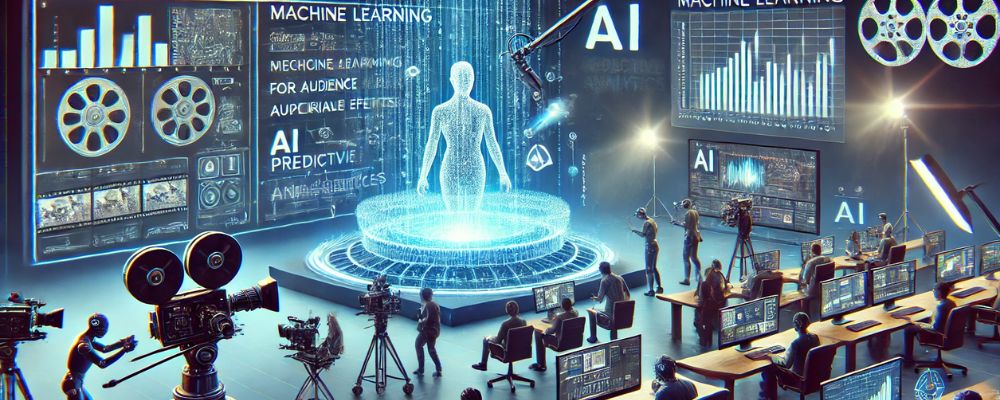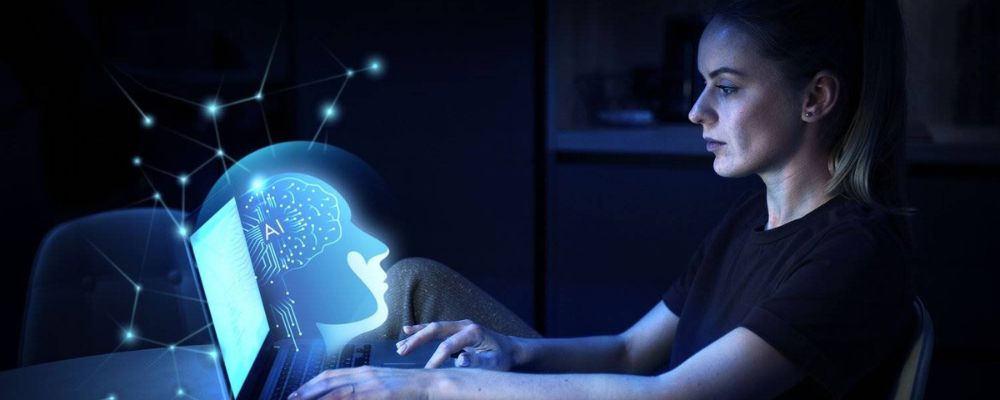
Artificial Intelligence (AI) is reshaping the landscape of film-making, bringing about groundbreaking changes in visual effects and cinematic art. With advancements in AI technologies, filmmakers are now able to push the boundaries of creativity and realism like never before. Here’s how AI is revolutionizing the industry:
1. Enhancing Visual Effects
AI algorithms are transforming the way visual effects (VFX) are created. Traditional VFX techniques often involve time-consuming and labor-intensive processes. However, AI-driven tools can streamline these tasks, allowing for quicker and more precise effects. Machine learning models can analyze and generate realistic textures, lighting, and even entire scenes with minimal human intervention. This results in stunning visual effects that elevate the overall cinematic experience.
2. Creating Hyper-Realistic CGI
Computer-generated imagery (CGI) has become increasingly sophisticated thanks to AI. Deep learning models can generate hyper-realistic CGI characters and environments by analyzing vast amounts of visual data. AI can simulate natural movements, facial expressions, and even complex interactions, making CGI elements indistinguishable from live-action footage. This technology enables filmmakers to create immersive worlds that captivate audiences.
3. Automating Animation and Editing
AI is also revolutionizing animation and editing processes. Automated tools powered by AI can streamline animation workflows, from creating lifelike character movements to automating background animations. In editing, AI-driven software can assist in color grading, scene transitions, and even editing footage based on narrative coherence. These advancements not only save time but also enhance the creative possibilities for filmmakers.
4. Enhancing Storytelling Through AI
AI’s impact on film-making extends beyond visual effects and animation. AI algorithms can analyze scripts, predict audience reactions, and suggest narrative improvements. By leveraging AI tools, filmmakers can refine their storytelling techniques and create more engaging and emotionally resonant films. This data-driven approach ensures that the final product aligns with audience expectations and preferences.
5. Revolutionizing Post-Production
In post-production, AI is streamlining complex tasks such as special effects integration, sound design, and visual enhancements. AI tools can automatically detect and correct errors, enhance image quality, and even generate realistic sound effects. This allows post-production teams to focus on creative decisions rather than getting bogged down by technical details.
Conclusion
AI is undeniably transforming the film-making industry, offering innovative solutions that enhance visual effects, CGI, animation, and storytelling. As technology continues to advance, filmmakers can expect even more exciting possibilities for creativity and realism in their projects. Embracing AI in film-making not only streamlines production processes but also opens new doors for artistic expression.
By incorporating AI into film-making, the industry is not only revolutionizing visual effects but also redefining the art of cinema itself. The future of film-making is here, and it’s powered by artificial intelligence.






